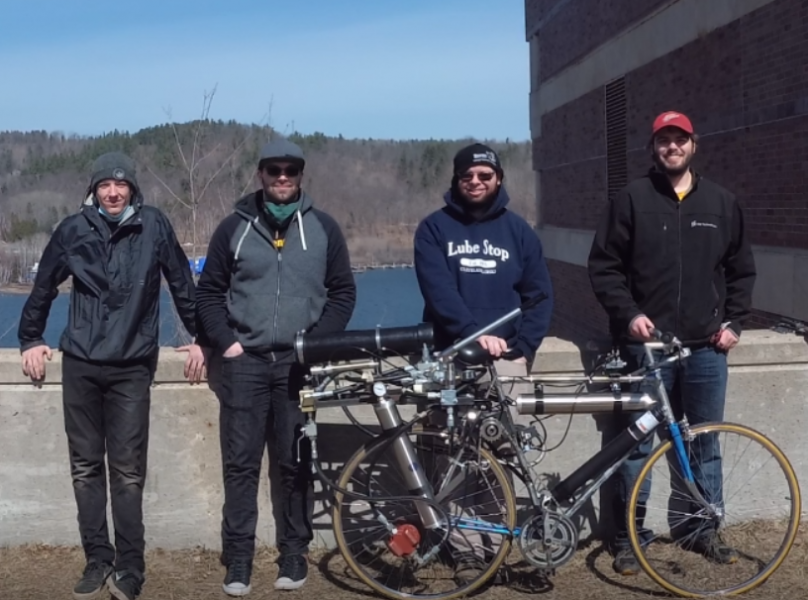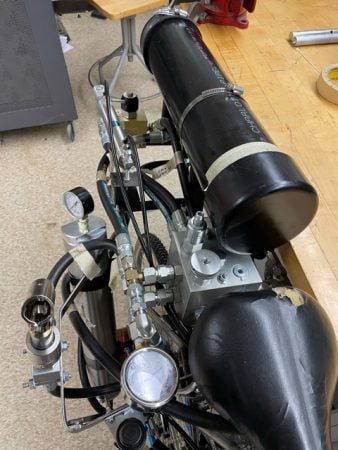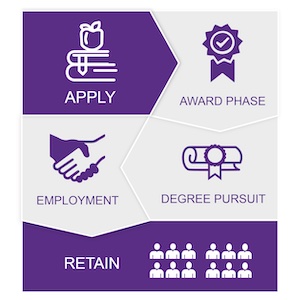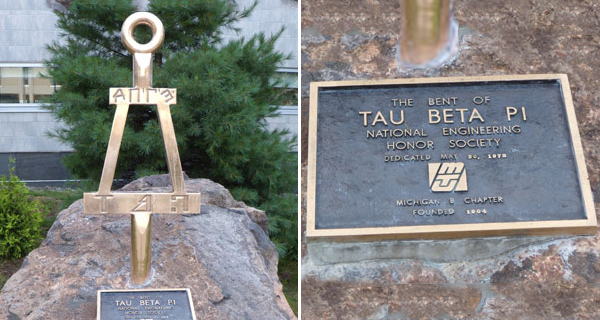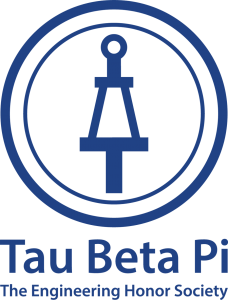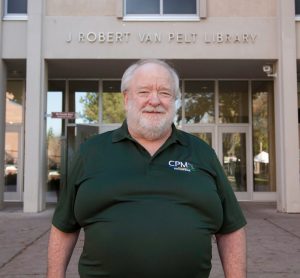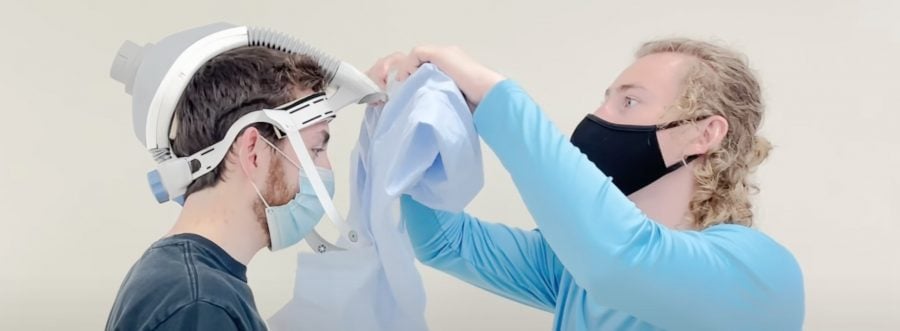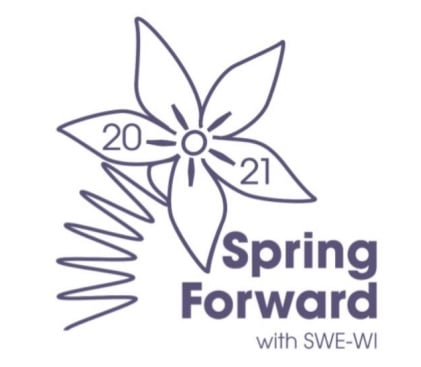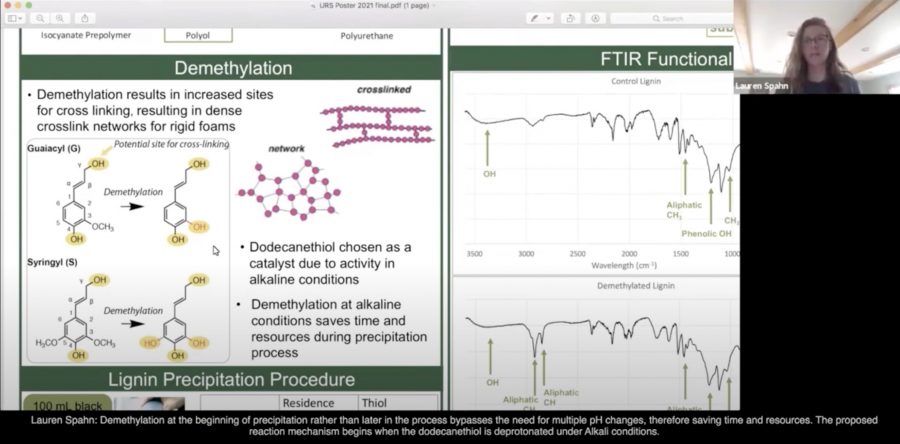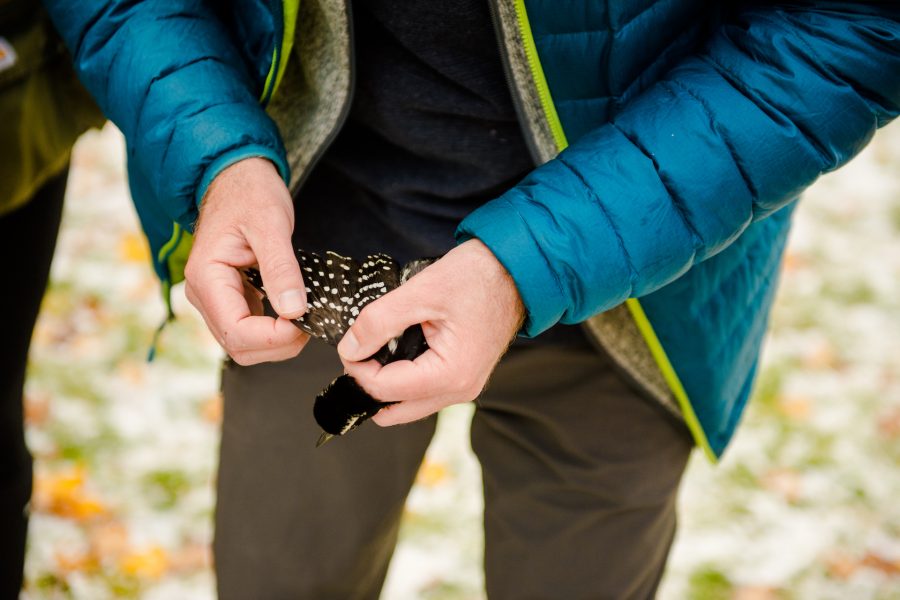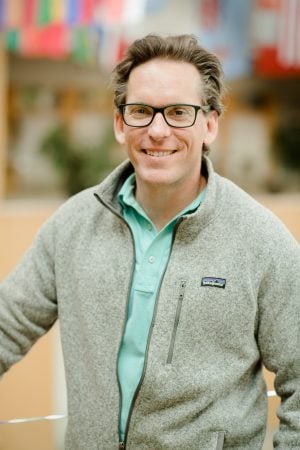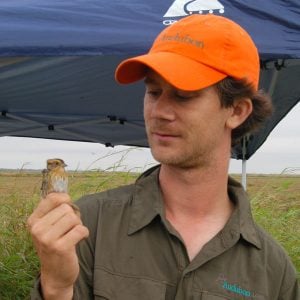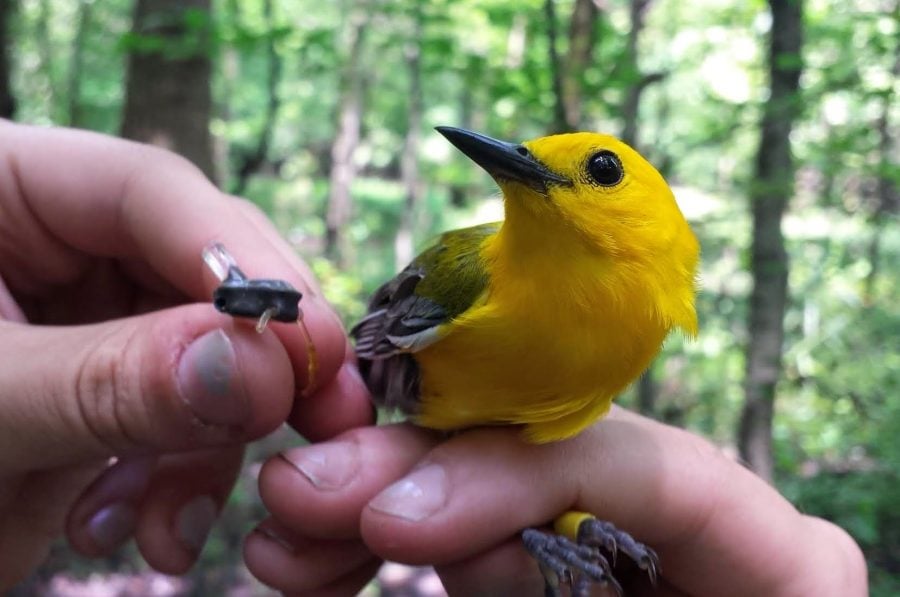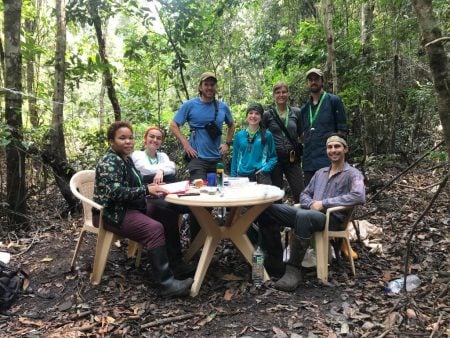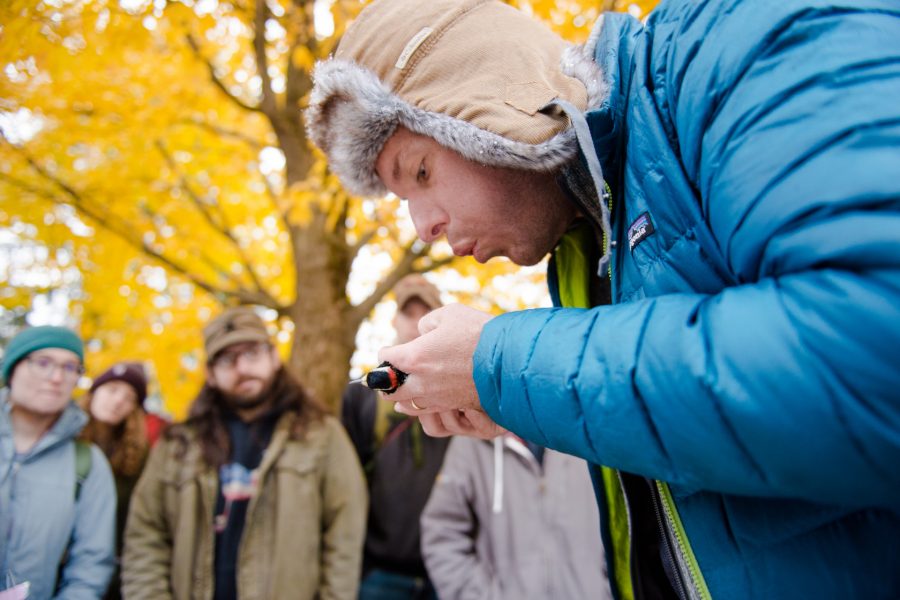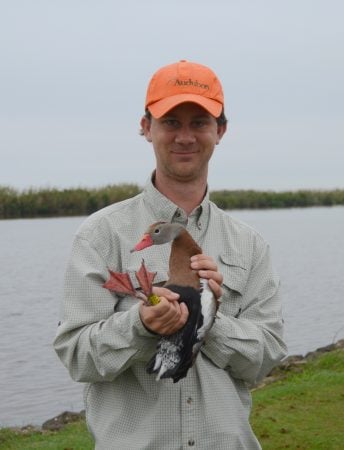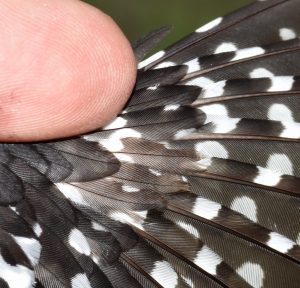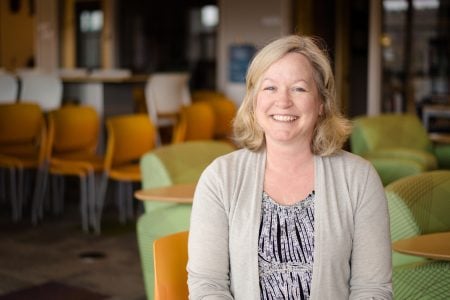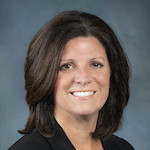
Congratulations to Kimberly Zimmer, a 1995 Michigan Technological University alumna in civil engineering, for receiving the 2021 Michigan Department of Transportation Director’s Award. This is MDOT’s highest employee honor for outstanding service. Zimmer, honored in the officials and administrators category, played a critical role in MDOT’s successful response to last year’s historic flooding in Midland and Gladwin counties as well as excelling at other services.

Congratulations to professor emerita Sheryl Sorby for being named the ABET 2021 Claire L. Felbinger Award for Diversity and Inclusion recipient. Sheryl received her BS in Civil Engineering, MS in Engineering Mechanics, and PhD in Mechanical Engineering from Michigan Tech. Sorby is a professor of Engineering Education at the University of Cincinnati.
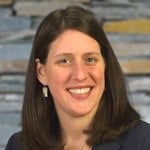
WLUC TV6 covered the appointment of Husky alumna Meredith LaBeau as chief technology officer at Calumet Electronics. LaBeau earned a master’s degree and PhD in environmental engineering and a bachelor’s degree in biomedical engineering from Michigan Tech.
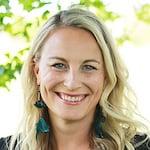
Alumna Amanda DeCesare (Civil Eng Tech ’05, Construction Management ’07) has been named a Rising Star by Progressive Railroading. DeCesare is project manager of public projects at CSX. She is responsible for new at-grade crossing warning device installations, at-grade crossing consolidations and facilitating any type of construction project impacting operating right-of-way.
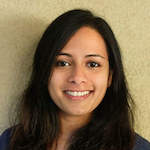
Michigan Tech alumna Sanjal Gavande is receiving media attention as a member of the team that built New Shepherd, the space rocket scheduled to launch Jeff Bezos into space on July 20. Profiles of Gavande ran in The Times of India and other international outlets. Gavande has an MS in Mechanical Engineering from Michigan Tech. She worked in marine and racing car companies before helping to build a spacecraft.

Michigan Tech alumna Julie Marinucci was named the new land commissioner and director of the St. Louis County Land and Minerals Department. As director, Marinucci will lead a staff of 52 responsible for managing approximately 900,000 acres of tax-forfeited trust lands. Marinucci holds a BS in Mining Engineering from Michigan Tech.

A pilot program for the Swimsmart Warning System, an automated warning light system for beachgoers developed by Michigan Tech graduate Jacob Soter and his advisor Andrew Barnard (ME-EM), was covered by 9&10 News. Soter has degrees in computer engineering, electrical engineering, and business administration.
Husky alumnae Meredith LaBeau and Audra Thurston were the focus of a feature article that ran in Printed Circuit Design & Fab. The article described LaBeau and Thurston’s participation in an upcoming Women in Aerospace virtual event intended to inspire K-12 students to pursue STEM careers. LaBeau holds a PhD degree from Michigan Tech in Environmental Engineering focusing on the integrated assessment of anthropogenic, climate and policy-induced changes on phosphorus export in the United States Laurentian Great Lakes watersheds, as well as an MS degree in environmental engineering and a BS degree in biomedical engineering from Michigan Tech. Thurston has a degree in chemical engineering.

Michigan Tech alumna Kim McGill, vice president of marketing at Lennox Residential, discussed the pandemic and indoor air quality on WFTX Fox 4, Fort Myers, Fla. Kim has a mechanical engineering degree from Michigan Technological University and an MBA in marketing from the Owen Graduate School of Management at Vanderbilt University.

